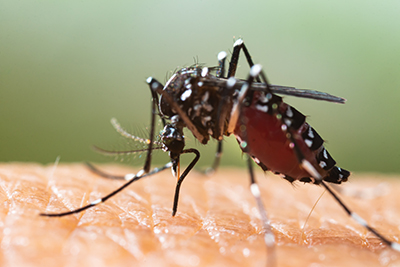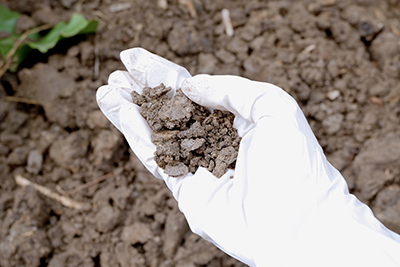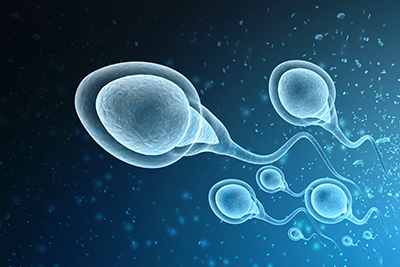FOR IMMEDIATE RELEASE
The COVID-19 pandemic drastically changed how people make purchases and access medical care, and spurred companies to reassess the sustainability of their products. Below are some recent papers published in ACS journals that report insights on ways to reduce humanity’s carbon footprint and environmental impact. Reporters can request free access to these papers by emailing newsroom@acs.org.
“Not All E-commerce Emits Equally: Systematic Quantitative Review of Online and Store Purchases’ Carbon Footprint”
Environmental Science & Technology
Dec. 23, 2022
In this review, researchers explored whether it’s more sustainable to shop online or in stores. They performed a quantitative comparison of the calculated carbon footprints for nearly 250 purchases made using the two retail approaches. According to the results, online deliveries can generate lower carbon footprints in terms of the average carbon dioxide emissions per purchase compared to in-store buying, especially for non-food products such as books, clothing and electronics.
“Adhesive Interfaces toward a Zero-Waste Industry”
Langmuir
Dec. 7, 2022
Here, the authors provide an overview of approaches for moving toward zero-waste production of adhesives, a small but important part of many products. They propose using:
- Natural, renewable materials — starch, cellulose, plant oils, natural rubber and/or secretions of organisms — to replace toxic petroleum-based polymers.
- Reversable adhesives that detach on-demand — through heat, electricity, chemicals, light, magnets or electrostatic forces — to repair defective products.
The team concludes that advancements in recyclable adhesives are also needed for a circular system.
“Potential Life-Cycle Environmental Impacts of the COVID-19 Nucleic Acid Test”
Environmental Science & Technology
Sept. 2, 2022
In the past few years, there’s been a surge in diagnostic viral RNA testing, but the environmental impacts of this increase aren’t well-known. So, scientists conducted a preliminary quantitative life-cycle assessment of SARS-CoV-2 PCR-based tests, using data from China. They estimated that the 4.21 billion tests done worldwide by the end of 2021 produced 2.28 million tons of carbon dioxide-equivalent emissions. The paper concludes that changes to medical waste treatment processes and use of electric vans for transporting the tests could greatly improve the sustainability of these important diagnostic tools.
###
The American Chemical Society (ACS) is a nonprofit organization chartered by the U.S. Congress. ACS’ mission is to advance the broader chemistry enterprise and its practitioners for the benefit of Earth and all its people. The Society is a global leader in promoting excellence in science education and providing access to chemistry-related information and research through its multiple research solutions, peer-reviewed journals, scientific conferences, eBooks and weekly news periodical Chemical & Engineering News. ACS journals are among the most cited, most trusted and most read within the scientific literature; however, ACS itself does not conduct chemical research. As a leader in scientific information solutions, its CAS division partners with global innovators to accelerate breakthroughs by curating, connecting and analyzing the world’s scientific knowledge. ACS’ main offices are in Washington, D.C., and Columbus, Ohio.
To automatically receive press releases from the American Chemical Society, contact newsroom@acs.org.
Note: ACS does not conduct research, but publishes and publicizes peer-reviewed scientific studies.






